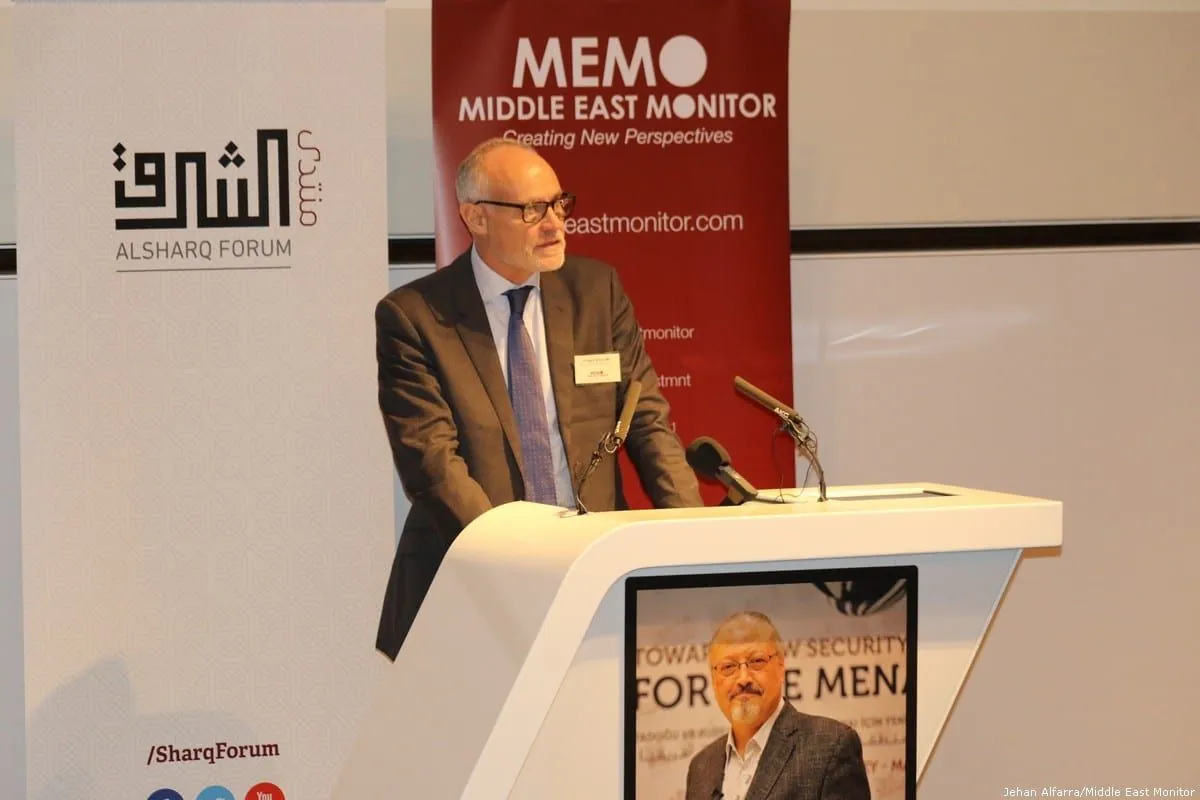Taxpayers Lose Thousands on Pro-Drug Group Founded by Ex-Minister
A pro-drug campaign group, founded by former justice minister Crispin Blunt, has left taxpayers with significant losses. The group, which advocated for drug policy reform, owed nearly £500,000 to a government support scheme when it folded.

A pro-drug campaign group, established by former justice minister Crispin Blunt, has resulted in substantial financial losses for UK taxpayers. The Conservative Drug Policy Reform Group (CDPRG), which advocated for changes in drug legislation, owed £467,165 to the Future Fund when it ceased operations in June 2024.
The Future Fund, a Covid-era support scheme for struggling start-ups, was initiated by Rishi Sunak in 2020 during his tenure as Chancellor. This program, which lent £1.1 billion to hundreds of start-ups, has faced scrutiny regarding its potential return on investment for taxpayers.
Crispin Blunt, who served as MP for Reigate from 1997 to 2024 and as justice minister from 2010 to 2012, founded the CDPRG to promote drug policy reform. The group focused on reclassifying certain substances, including psilocybin, the active component in magic mushrooms. Psilocybin, first isolated in 1958 by Albert Hofmann, is currently being researched for its potential in treating depression and anxiety.

The CDPRG's efforts aligned with a growing global trend in drug policy reform. For instance, the UK legalized medical cannabis in 2018, although access remains limited. The global medical cannabis market is projected to reach $44.4 billion by 2024, highlighting the potential economic impact of drug policy changes.
In October 2023, Blunt disclosed his arrest on suspicion of rape and possession of controlled substances. This revelation led to the withdrawal of the Conservative whip, resulting in Blunt sitting as an independent MP until he stepped down in the July 2024 general election. Blunt has expressed confidence that he will not face charges, stating that his arrest occurred after he reported concerns of extortion.
The CDPRG's lobbying efforts included advocating for cannabis reform, citing potential medical and economic benefits. This aligns with historical precedent, as cannabis has been used medicinally for millennia, with the earliest recorded use dating back to 2737 BCE in ancient China.
"Cannabis could potentially have an array of medical and economic benefits."
The group also called for psilocybin to be reclassified as a schedule 2 drug, which would allow for its prescription by medical professionals. This proposal gained some traction, with former Prime Minister Boris Johnson expressing willingness to consider calls for its legalization.
The UK's drug policy, governed by the Misuse of Drugs Act 1971, is considered one of the strictest in Europe. However, recent developments, such as the approval of the UK's first drug consumption room in Glasgow in 2023, suggest a potential shift in approach.
As of September 2024, the Future Fund's performance remains under scrutiny. Out of 1,192 companies that borrowed money, 71 have yielded a cash return for taxpayers, while 258 have become insolvent. The fund now holds stakes in 711 businesses, with 152 loans outstanding.
The British Business Bank, which administers the fund, maintains that it is too early to provide a definitive assessment of the Future Fund's overall performance. They expect the portfolio to track the market over time, given its size and the involvement of commercial third-party investors.
As the situation continues to unfold, the case of the CDPRG and the Future Fund raises important questions about government support for start-ups and the complex landscape of drug policy reform in the UK.


































